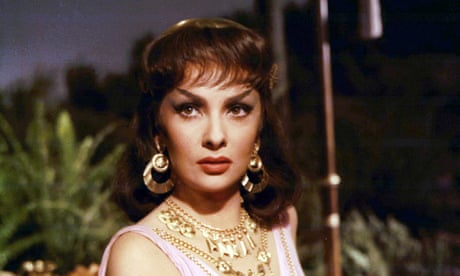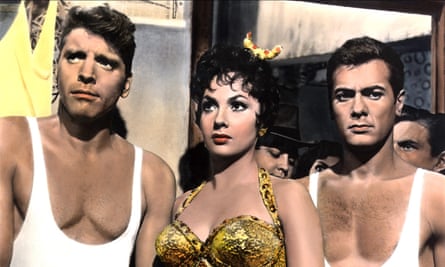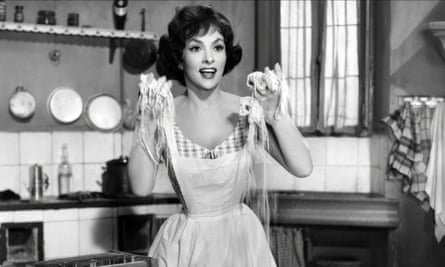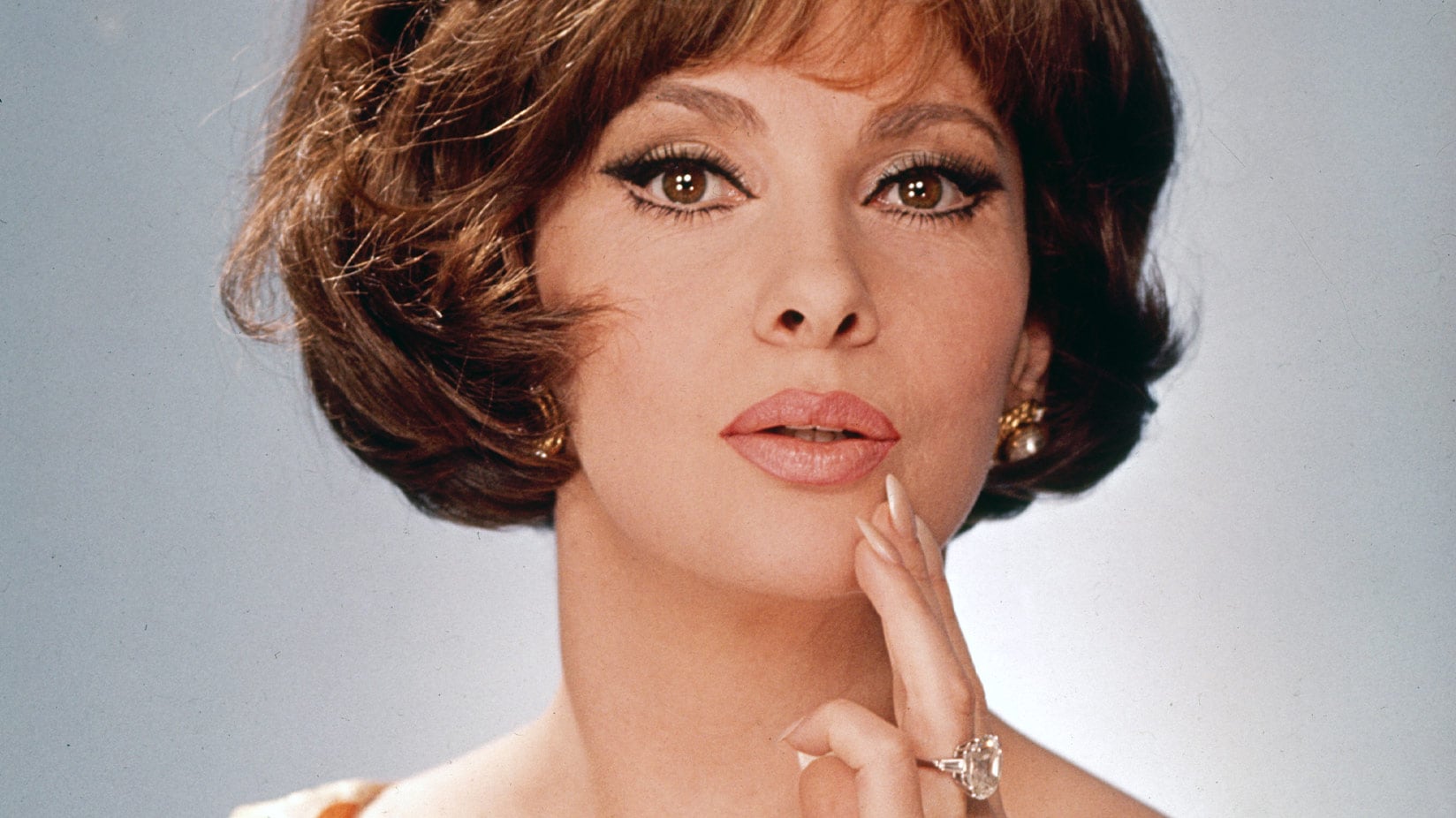Gina Lollobrigida, Italian star of the 1950s and 60s, dies aged 95
Actor and photojournalist best known for appearances in films such as Beat the Devil, Solomon and Sheba and Buona Sera, Mrs Campbell
Gina Lollobrigida, the Italian actor once called “the most beautiful woman in the world”, has died at the age of 95. Corriere della Sera reported the news, saying she had been “hospitalised for some time”.
Through the 1950s and 60s, Lollobrigida was one of the world’s most desired performers and starred in a number of European and American films opposite many of Hollywood’s leading men of the day.

Born in 1927 in Subiaco, in the mountains east of Rome, she was the daughter of a furniture maker. In her teenage years she did some modelling and entered beauty contests, and in 1947 came third in the Miss Italia pageant. On her entry form for that competition, she wrote that she had a talent for acting but that she wanted to do something serious with her skills.
After a series of roles in European films, including a Bafta-winning turn in Bread, Love and Dreams, it was Lollobrigida’s performance in 1953’s Beat the Devil opposite Humphrey Bogart that brought her international fame and millions of admirers.

“La Lollo” also caught the eye of the eccentric billionaire Howard Hughes, who had spotted publicity photographs of her and invited her to Hollywood for a screen test where he repeatedly tried to seduce her, despite the fact she had married Milko Škofič, a Slovenian doctor, a year earlier.
“Time and time he tried to get me!” Lollobrigida recalled in an interview with Vanity Fair. “But he didn’t succeed … there was just too much difference between us. I said to him, ‘If you lose all your money, then perhaps I’ll marry you.’ Maybe he was surprised that there was one person who wasn’t interested in his money.”
Her commercial peak came in the mid- to late-1950s, when she starred in Solomon and Sheba, The Hunchback of Notre Dame and Beautiful But Dangerous, the original title of which – La donna più bella del mondo – presented her as “the most beautiful woman in the world”.
Italy’s deputy prime minister, Antonio Tajani, described Lollobrigida on Monday as a great actress who made the history of international cinema. “She was an Italian icon in the world,” he added. “And will remain in the Olympus of culture and art. May she rest in peace.”
Rome mayor, Roberto Gualtieri, said “a true star of Italian and international cinema has left us … With her films and interpretations she has rightfully entered into the history of the country and its collective imagination. Rome, the city she loved, will remember her how she deserves.”
Marinella Soldi, the president of the state broadcaster, Rai, and its chief executive, Carlo Fuortes, said that with the death of Lollobrigida, Italy has lost “a diva of planetary fame”.
Her fame was also such that in the 1960s she had a new cultivar of curly-leafed lettuce, the “lollo”, named in her honour – although accounts vary over whether it was a reference to her tight, curly hair or the frilly petticoats she was often seen wearing.

Lollobrigida and Škofič divorced in 1971 and she largely withdrew from acting and focused on photography, publishing several collections. Her notable subjects included Henry Kissinger, Yuri Gagarin, Grace Kelly and many others. She also secured an exclusive interview with the Cuban leader Fidel Castro.
In 1999, Lollobrigida ran unsuccessfully for the European parliament representing former Italian prime minister Romano Prodi’s Democrats, but did not seem especially enthusiastic.
“I’ve never been involved in politics,” she said at the time, “but when I got the offer I said ‘yes’ immediately … It’s only afterward that I thought about why this was a good thing. I don’t know how many votes I need. I don’t know anything.”

Lollobrigida is survived by her son, Milko, and grandson, Dimitri.
I hope you appreciated this article. Before you move on, I was hoping you would consider taking the step of supporting the Guardian’s journalism.
From Elon Musk to Rupert Murdoch, a small number of billionaire owners have a powerful hold on so much of the information that reaches the public about what’s happening in the world. The Guardian is different. We have no billionaire owner or shareholders to consider. Our journalism is produced to serve the public interest – not profit motives.
And we avoid the trap that befalls much US media – the tendency, born of a desire to please all sides, to engage in false equivalence in the name of neutrality. While fairness guides everything we do, we know there is a right and a wrong position in the fight against racism and for reproductive justice. When we report on issues like the climate crisis, we’re not afraid to name who is responsible. And as a global news organization, we’re able to provide a fresh, outsider perspective on US politics – one so often missing from the insular American media bubble.
Around the world, readers can access the Guardian’s paywall-free journalism because of our unique reader-supported model. That’s because of people like you. Our readers keep us independent, beholden to no outside influence and accessible to everyone – whether they can afford to pay for news, or not. source

